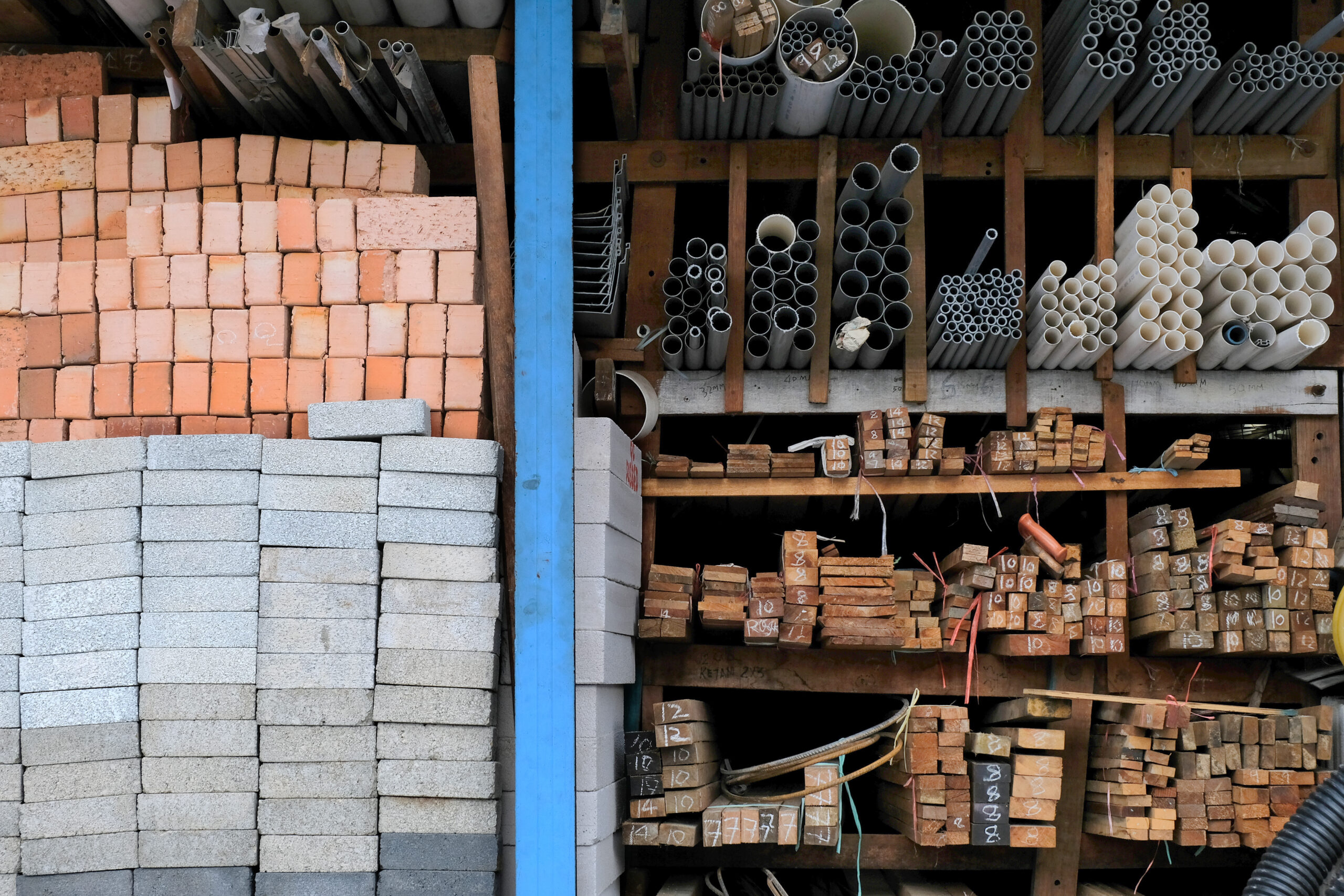Here at Connekt, we love bringing our followers good news stories – but sometimes, reality bites. If you are in the throes of building a new home, or have a keen eye on the market, you’ll know that key building materials are in short supply.
We’re seeing a backlog in everything from showerheads to cement. The real problem is that delays in certain (sometimes small) key components are affecting the overall build times of entire projects. It’s difficult to finish a kitchen when the marble benchtops are on a ship somewhere.
While we’re certainly experiencing these delays here in South Australia, many larger projects in the eastern states are almost at a standstill – exacerbated by severe weather and flood damage, requiring tradies to do repair work instead of construction.
Such is the extent of the problem, which is affecting lots of parts of everyday life (cars, appliances, food items), that it has even been given a name.
It’s certainly an appropriate name when you look at the data and updates coming from the HIA and Tradifyhq.com. The materials currently causing most construction delays are plasterboard, external cladding, insulation, windows, doors, framing and joinery materials and roofing.
“Materials that are in short supply correlate closely to where the industry is at in the construction cycle,” says Stephen Knight, HIA Executive Director SA.
“For a long time, timber and steel were in high demand as a large number of jobs were started.
Current shortages in plasterboard, insulation and joinery products are the next in the construction sequence and then tiles, appliances and finishing trades.
“However, as we begin the new year, there is a glimmer of light on the horizon, especially here in SA.
“We are not expecting the market to return to some level of normalcy (supply meets demand) until mid 2023, until that time at least, there will be material and labour shortages,” says Stephen.

We’re sorry to say it, but expect to pay more in future for just about any type of building work. Just as the grocery bill has gone up, so too have costs due to the Australian dollar, inflation, the costs of producing parts and labour.
According to the online trade platform Hipages, 85% of in-demand tradies have had to increase their prices at least once in the past 12 months, citing surging material and petrol prices, staff and subcontractor costs, financial losses and demand as reasons.
“For instance, timber, board and joinery prices have increased more than 20%, and other metal products have seen a more than 16% increase,” says Stuart Tucker, Hipages Chief Customer Officer.
On average, hipages.com.au says tradies increased prices by just short of 20% around the country – based largely on the increased cost of materials.
For example:

Depending on the item or material, you might want to look at an alternative or compromise on your ideals. And if you are building, simply try to be patient – especially with your tradies – who would love to get on with things, but if they’re missing key components that are manufactured overseas, it’s hard to get the job done.
But the best and most obvious advice is to buy a home that is already built – with materials that
were ordered and delivered months ago, and constructed when there were still experienced tradies available.
And here at Connekt, we can certainly help you out. We currently handle the sales for developments and new-build projects right across Adelaide. So, chances are, we can Connekt you with the brand-new home you’re looking for.
As always, if you have questions around any aspect of the home building process just get in touch. Connekt with our Sales Team at projects@connektup.com.au


